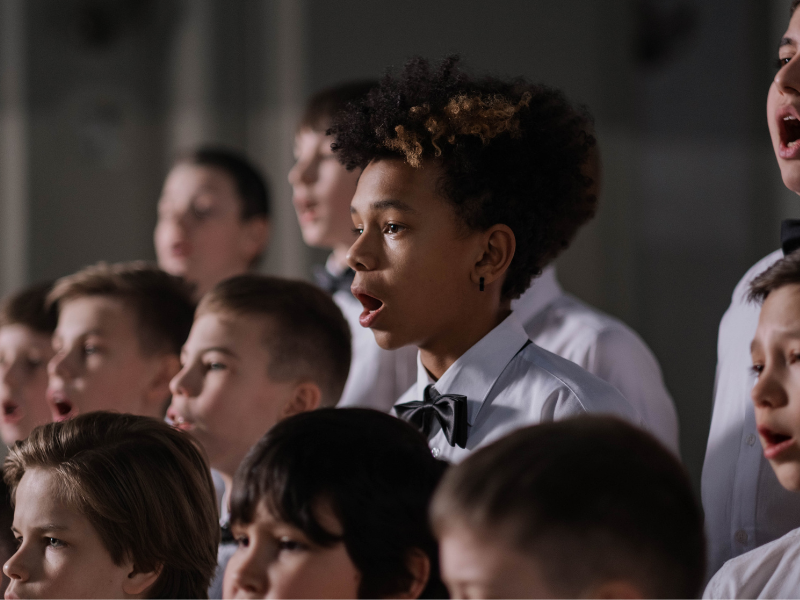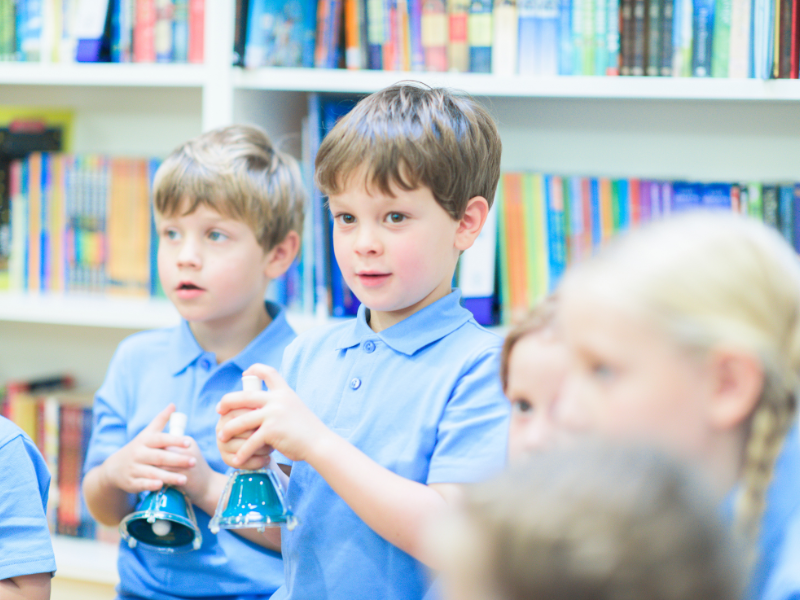
Research Updates

Here at Bigger Better Brains we believe that through educating yourself, you can then educate and affect positive change in your community.
With all of the research in the field of neuromusical science, our BBB Research section serves as a content hub for you. We regularly share findings and break down the latest research to educate and inspire discussion. We hope you enjoy this page on our website and share BBB news with your colleagues, parents and students.
How Music Learning Keeps Your Brain Sharp for Life
Engaging in musical activities offers profound benefits for our brains, enhancing various cognitive functions and emotional well-being.
How Playing Instruments and Singing May Boost Your Brain
Playing an instrument or singing in a choir isn’t just fun—it’s great for brain health too. A recent study found that people with musical experience have stronger memory and thinking skills than those without.
Unlocking the Connection Between Music, Memory, and Learning
Recent research from the Georgia Institute of Technology has unveiled compelling insights into how music affects learning, memory, and emotions.
Depressed? Classical music could be the unexpected remedy!
Music has always been a go-to for lifting our spirits, but did you know classical music might take it a step further by actually helping treat depression?
Singing Together: How choirs boost brain health and emotional well-being
Singing in a community choir is more than just a musical activity—it's a powerful therapeutic experience
Playing music when you're older could come with brain benefits
Imagine a world without music. There are no high school marching bands, no commercial jingles, and no need for Grammy Awards. It’s a rather dreary thought, yes?
Music Education vs. Brain Training Programs
Recent research has revealed that brain training programs for children do not lead to significant improvements in real-world cognitive functions.
Could 'musical medicine' influence healthy aging?
Imagine a world where music serves as a powerful tool for healthy aging. Dr. Psyche Loui at Northeastern University explores how music strengthens brain connections, enhancing memory and emotions.
A 90-minute habit that can boost your brain and mental health!
Dr. Seinfeld's research involving participants aged 60 to 85 found that those who took piano lessons showed remarkable improvements in executive functions, attention, and inhibitory control.
Unlocking learning potential through music
Neuroscientist Nina Kraus notes that playing an instrument is one of the richest brain activities, leading to better language and reading skills.
How Music Primes the Brain for Learning
This article delves into the transformative impact of music education, particularly for underserved students, and a strategic tool for addressing academic challenges, boosting attendance, language skills, and social integration.
What happens to your brain when you sing?
Professor Sarah Wilson explains how singing is a form of natural therapy in this video by ABC Classic. She highlights the effect that singing has on motor networks, listening networks, planning and organisational networks, memory, language, and emotional networks. Essentially, singing is a full workout for the brain!





















